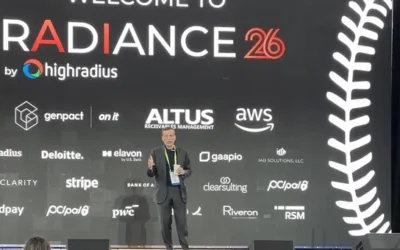Much like finance chiefs, audit committee chairs are finding their roles expanding in multiple directions at once.
A study released Thursday by Deloitte aims to give a detailed look at how audit chairs’ jobs are changing. Per the report, chairs say they’re increasingly being asked to navigate emerging risks, serve in more strategic roles and modernize their committee processes. Chairs interviewed by Deloitte also emphasized the need for continued education to do their jobs.
Some of those themes undoubtedly mirror similar shifts in the CFO role, particularly the move from a purely technical oversight role to a more strategic one.
“In the view of some audit committee chairs we interviewed, the chair’s role has been elevated to one of the most demanding and influential position on the board,” Deloitte officials wrote in the report. “No longer focused solely — or perhaps even primarily — on financial reporting and compliance with accounting and auditing standards, the scope of the audit committee chair’s role extends into numerous and far-reaching areas of the enterprise.”
Those changes will also likely have repercussions for CFOs’ relationships with audit committee chairs, Deloitte officials said.
“The relationship between CFOs and audit committees is more important than ever — audit committee chairs can be invaluable sounding boards for both CFOs and CEOs, helping to ensure financial integrity and providing perspective on what’s coming next,” said Dipti Gulati, CEO of audit and assurance at Deloitte, in an email. “There’s a natural crossover here, because both roles sit at the intersection of financial stewardship, risk oversight and strategy.”
Deloitte’s findings stem from interviews with nine audit committee chairs who represent more than a “dozen large-cap S&P 500 companies,” Gulati said. None of the interviewees concurrently serves as CFO.
Meanwhile, the report also called out an increased focus on risk in audit committees. As businesses look to incorporate newly developing artificial intelligence tools into their workflows, audit chairs are being tasked with looking even farther into the future.
“As oversight of enterprise risk becomes centralized within many audit committees, the chair needs to skillfully manage a broad and evolving risk landscape so that the committee is overseeing management’s process to address both current and emerging threats,” Deloitte’s report stated. “The role demands a more strategic and forward-looking mindset, with chairs expected to anticipate and prepare for future risks, such as advances in AI and quantum computing, including the related talent effects.”
Deloitte’s report noted that just 12% of all S&P 500 companies today have a dedicated risk committee. The majority of those that do have such entities are financial services firms.





